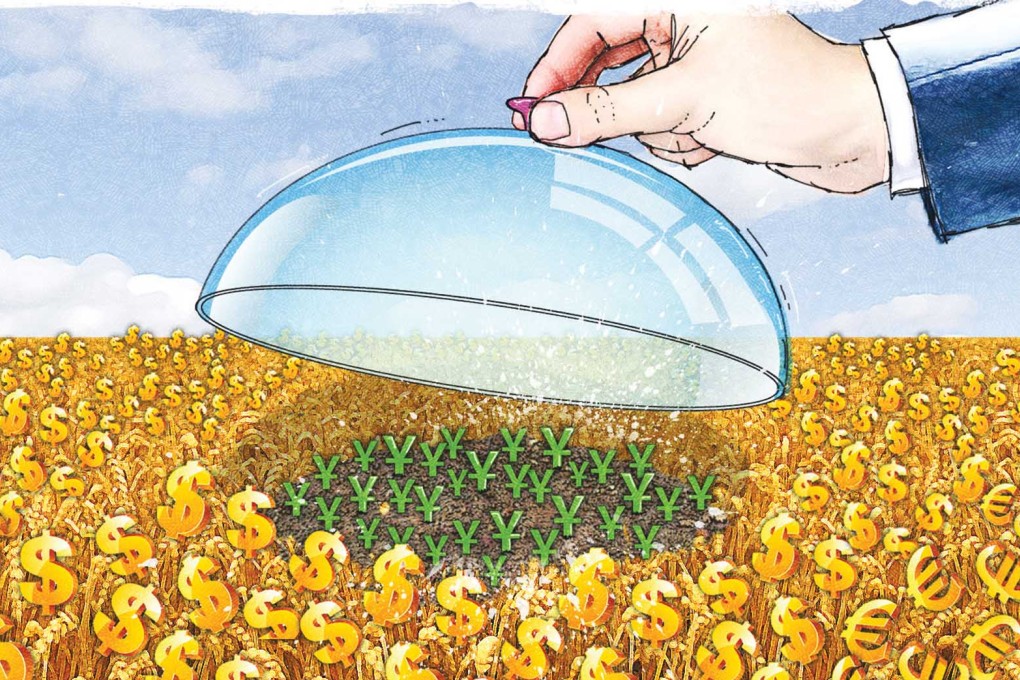Slow and steady is how China is liberalising the renminbi - as it should
Tom Plate says China is right to delay opening up its capital account before reforms are fully carried out

The long march of the American campaign that ends in the crowning of our new president is well under way, as you have noticed. But I am not sure the great Chinese people should be allowed to watch.
Former top US national security official Zbigniew Brzezinski, who, at a fairly bouncy 87, is moving into the professor-ish throne of foreign-policy zen master, the one long filled by 92-year-old Henry Kissinger, said he worries about "an increasing uncertainty as to what exactly ought to be the definition of China's role in the world".
Tell me about it! The more the US can talk to China "seriously and responsibly", he said, "the greater the chance that perhaps we can do more together instead of increasingly becoming preoccupied with suspicions that each is deliberately turning against the other". Let us give that a standing ovation - but also note the limitations of a process that works best only when trust is maximised.
Beijing would be doing everyone a favour - not just itself - by staying the course that is best for it, even if it seems slow for us
US advice to China hasn't always been that great, and its conduct hasn't always been that inspirational. The Chinese are as aware of our flaws as we of theirs. Neither one of us always does the walk after giving the talk.
In the bad advice category, let's start with the early 1990s when Washington began pounding Beijing on the need to swing open its capital-conversion door. Then comes the Asian financial crisis to reveal exactly what happens when you mix wide-open currencies with pathetically weak institutions. Surveying all the currency carnage around Asia back then, Beijing drew back.
That financial crisis may well have been the tipping point. "Chinese policymakers studied the 1997-98 financial storms, and they drew the right lessons," admitted Barry Eichengreen, professor of economics and political science at the University of California, Berkeley, in an enlightening interview in the October issue of The Oriental Economist, the smart New York-based monthly newsletter.
He added: "More than a century of historical experience teaches that open capital accounts can be an engine of volatility, that capital flows can reverse on a dime, and that financial markets, economies, and political systems can find it hard to cope with the consequences."